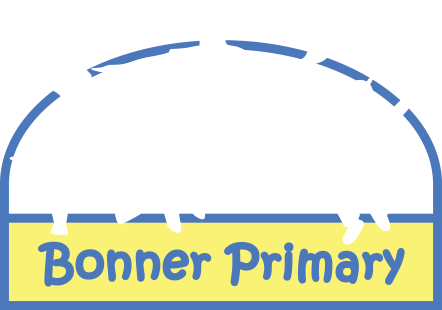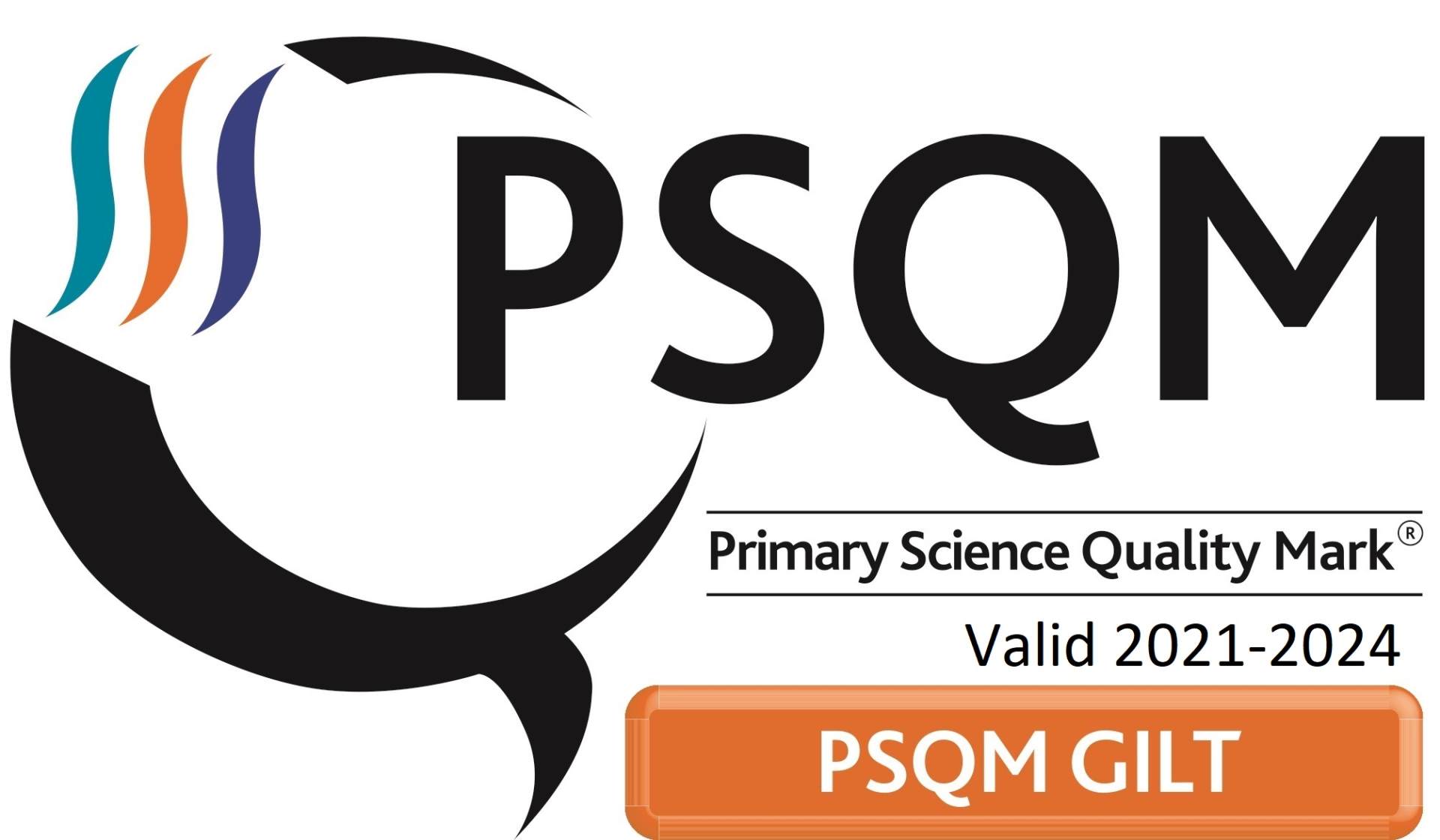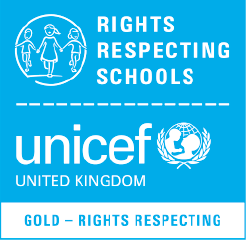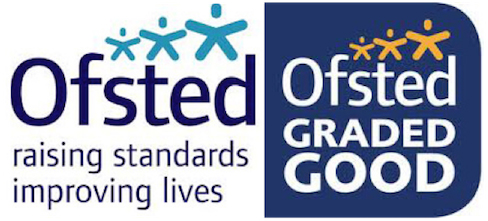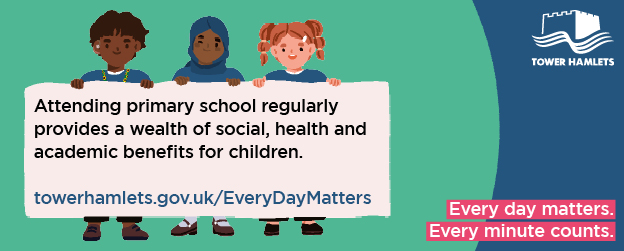Modern Foreign Languages
Intent
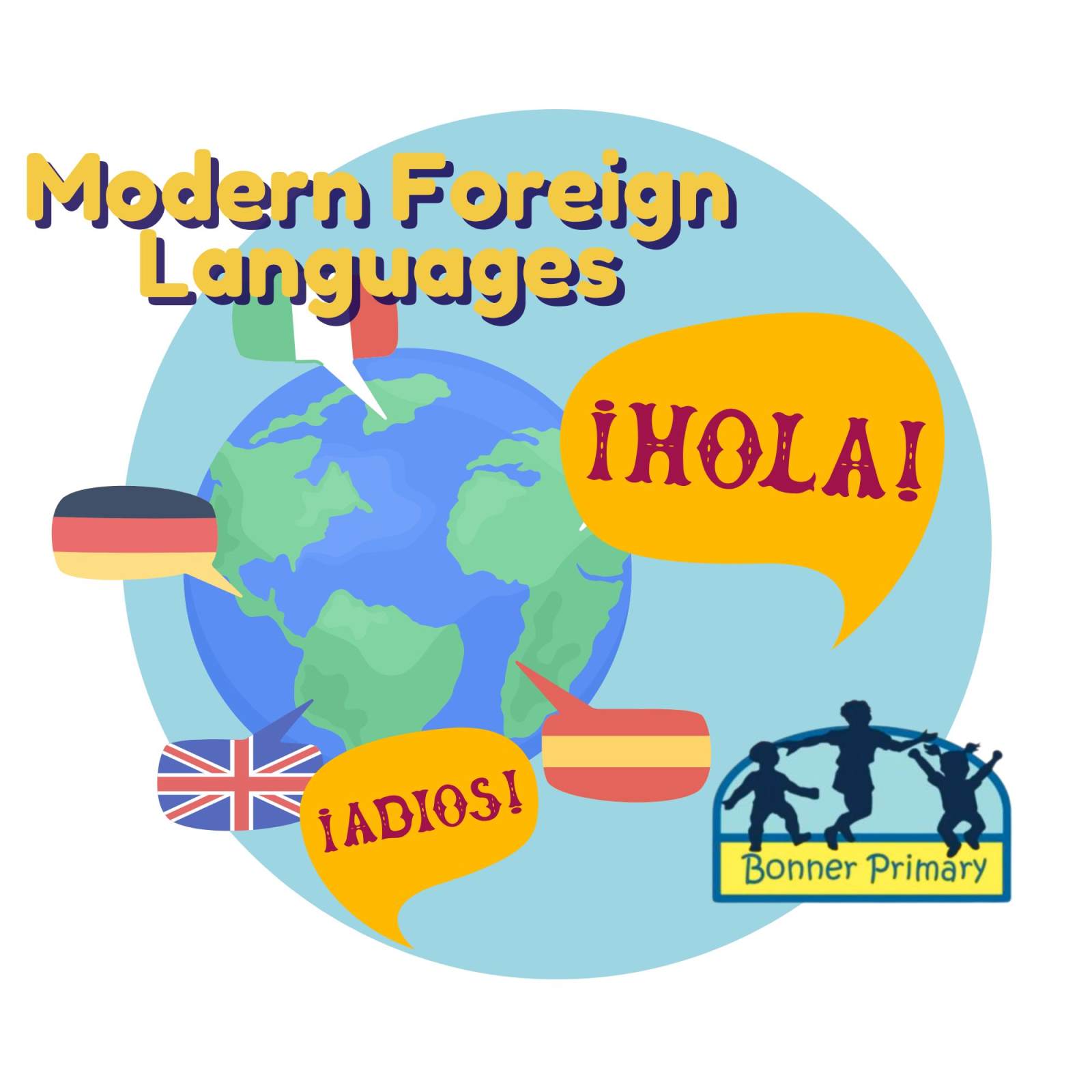
At Bonner, we believe that learning a foreign language is a necessary part of being a member of a multicultural society and provides an opening to other cultures. A high-quality language education should foster children's curiosity and deepen their understanding of the world. The teaching should enable children to express their ideas and thoughts in another language and to understand and respond to its speakers, both in speech and in writing. It should also provide opportunities for them to communicate for practical purposes and learn new ways of thinking. Language teaching should provide the foundation for learning further languages, equipping children to study and work in other countries.
At Bonner Primary School, children learn Spanish throughout Key Stage 2. Following a pupil survey and staff consultation, Spanish was the language chosen by a majority of children and adults in our school community. Spanish is a language spoken across the world. Through learning Spanish, our children grow up to be respectful global citizens who understand the language, geography, culture, and literature of Spanish-speaking countries.
Our Spanish curriculum was rolled out over a four-year programme, and it is now being fully implemented across Key Stage 2. This approach allows our children to optimise skill progression and attainment, giving them a solid linguistic foundation and understanding as well as valuable language skills transferable to any language they choose to learn in Key Stage 3.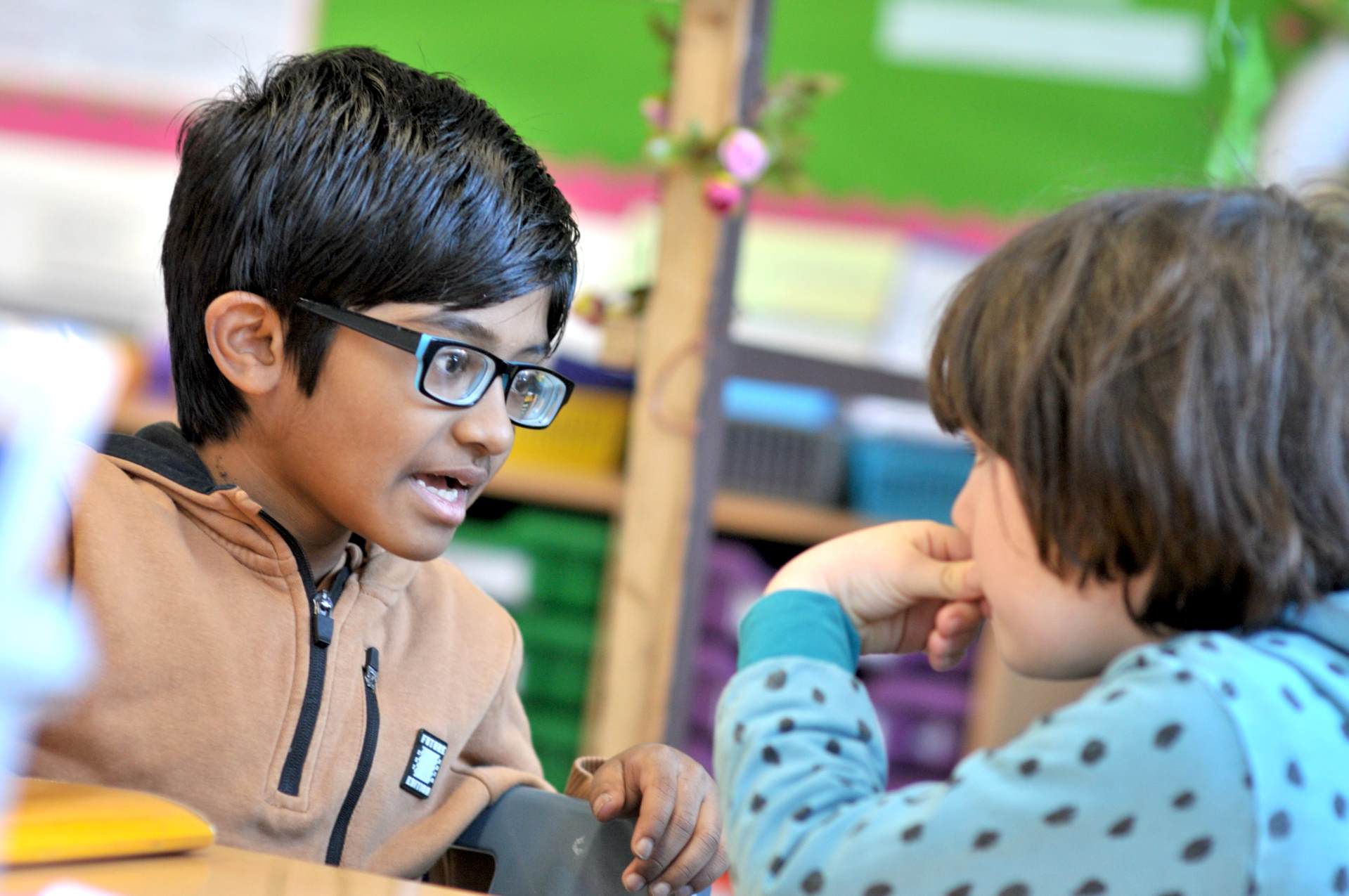
Implementation
At Bonner, children have weekly lessons in Spanish from Year 3 to Year 6 throughout the academic year. Our curriculum follows the Language Angels programme of study, which provides fun, interactive, and cross-curricular activities and experiences for the children as they follow the National Curriculum for Modern Foreign Languages.
![]()
Lessons build on previous knowledge and develop pupils’ linguistic skills across all four strands of language learning: speaking, listening, reading, and writing. In every lesson, children explore vocabulary, grammar, and pronunciation, as well as reading and writing skills.
The National Curriculum for languages aims to ensure that all pupils:
- Understand and respond to spoken and written language from a variety of authentic sources.
- Speak with increasing confidence, fluency, and spontaneity, finding ways of communicating what they want to say, including through discussion and asking questions, and continually improving the accuracy of their pronunciation and intonation.
- Can write at varying lengths, for different purposes and audiences, using the variety of grammatical structures that they have learnt.
- Discover and develop an appreciation of a range of writing in the language studied.
Our Spanish curriculum aims to ensure that, by the time children leave in Year 6, they are able to:
- Listen attentively to spoken language and show understanding by joining in and responding.
- Explore the patterns and sounds of language through songs and rhymes and link the spelling, sound, and meaning of words.
- Engage in conversations; ask and answer questions; express opinions and respond to those of others; seek clarification and help.
- Speak in sentences, using familiar vocabulary, phrases, and basic language structures.
- Develop accurate pronunciation and intonation so that others understand when they are reading aloud or using familiar words and phrases.
- Present ideas and information orally to a range of audiences.
- Read carefully and show understanding of words, phrases, and simple writing.
- Appreciate stories, songs, poems, and rhymes in the language.
- Broaden their vocabulary and develop their ability to understand new words that are introduced into familiar written material, including through using a dictionary.
- Write phrases from memory, and adapt these to create new sentences, to express ideas clearly.
- Describe people, places, things, and actions orally and in writing.
- Understand basic grammar appropriate to the language being studied, including feminine and masculine forms and the conjugation of high-frequency verbs; key features and patterns of the language; how to apply these, for instance, to build sentences; and how these differ from or are similar to English.
At Bonner, we have an inclusive approach to learning. SEND learners access the same learning as other children but are given further support, adapted outcomes, resources, and a tailored approach to suit each child’s needs.
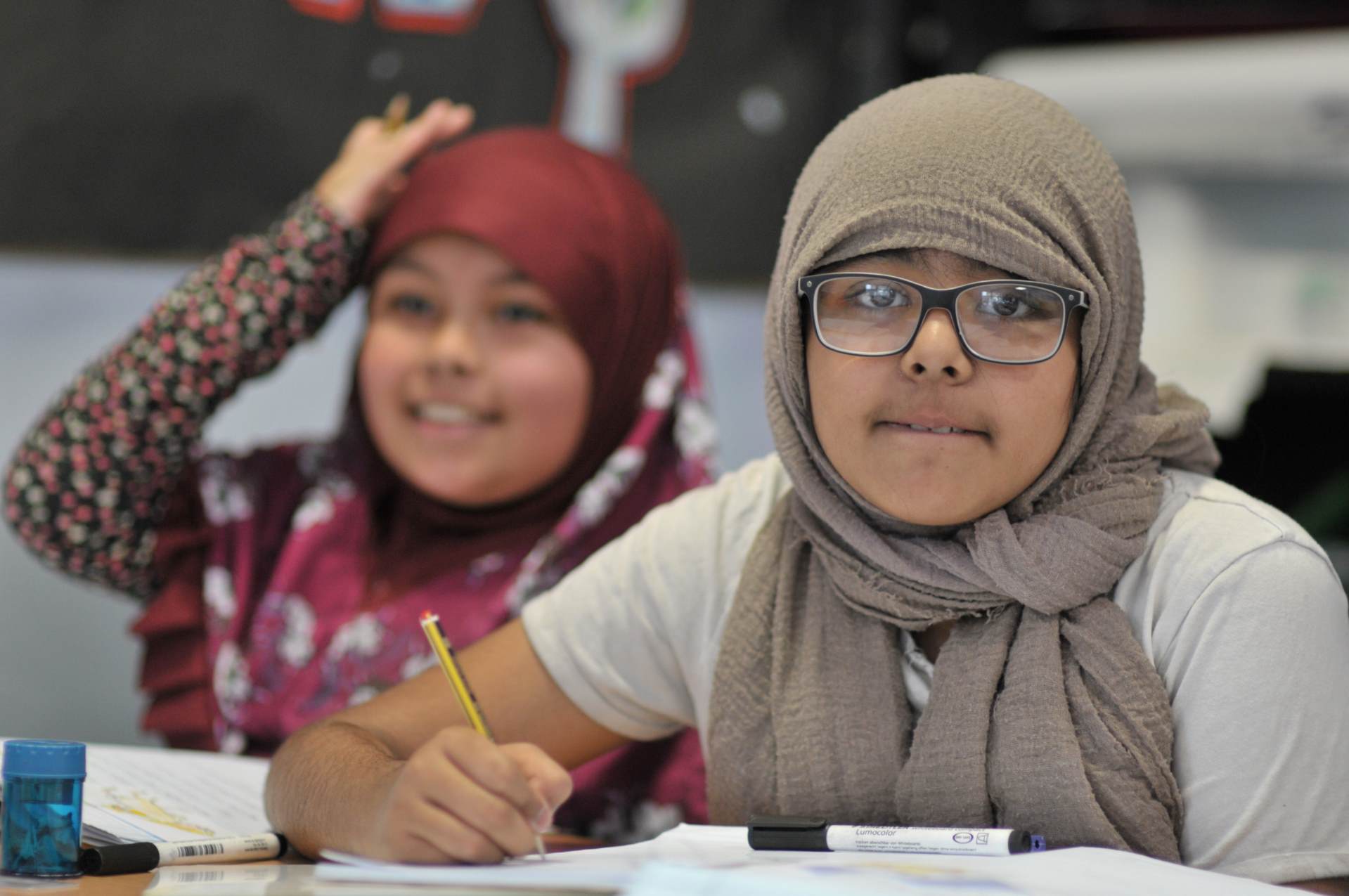
Impact
Each unit in our Spanish curriculum includes assessment criteria developed in line with national curriculum aims, to enable teachers to assess the progress of children in their language learning as they move through Key Stage 2, ensuring that children are supported and challenged. Pupil voice is also used to further develop our Spanish curriculum through questioning of pupils' views, experiences, and attitudes to learning a language.
Learning Spanish at Bonner aims to promote children’s engagement in the subject as well as provide them with the knowledge and skills necessary to enable them to continue their language learning journey in Key Stage 3 and for life as adults in the wider world.
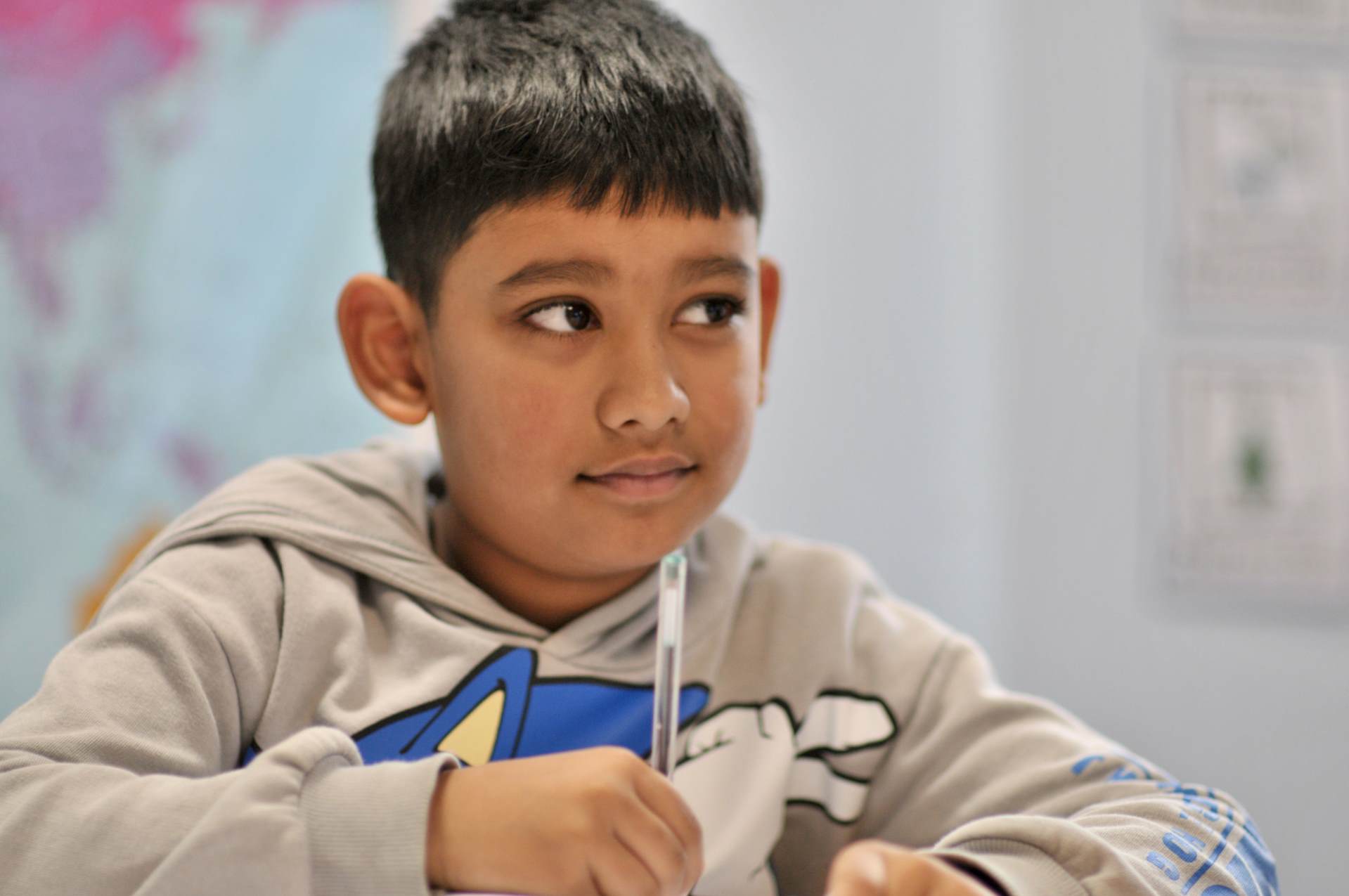
Progression of Skills
progression of skills mfl spanish .pdf

